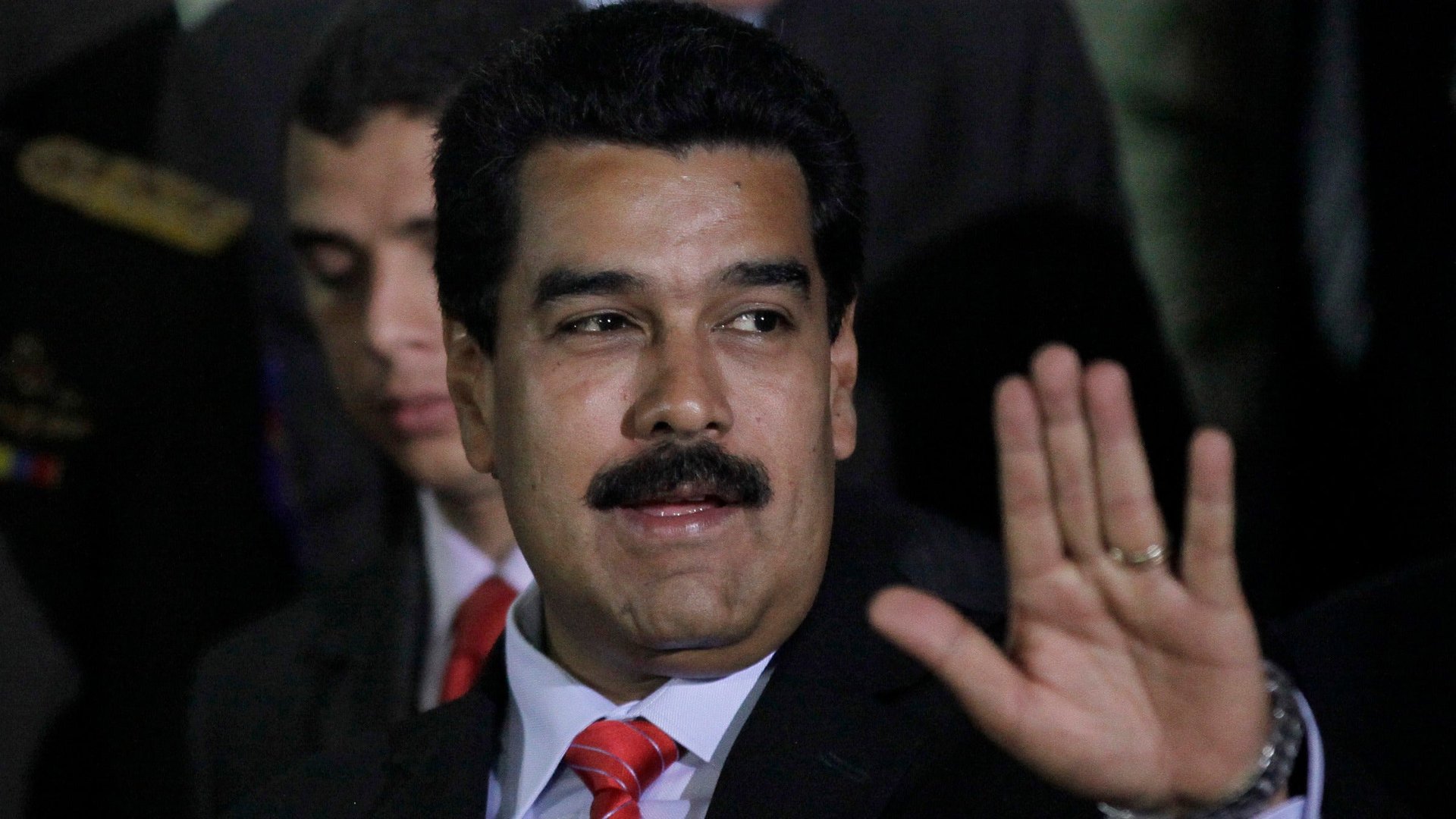Venezuela’s grand plan to fix its toilet-paper shortage: $79 million and a warning to stop eating so much
Venezuela’s lawmakers are rolling out plans to import toilet paper and allot a $79 million trade credit to help alleviate the country’s shortages on many basic goods.


Venezuela’s lawmakers are rolling out plans to import toilet paper and allot a $79 million trade credit to help alleviate the country’s shortages on many basic goods.
Last week, commerce minister Alejandro Fleming promised he’d import 50 million rolls of toilet paper, but the recent overture comes in more than 10 million short, at 39 million rolls. Why exactly is unclear—the government neither addressed the discrepancy, nor has it been asked about it.
Still, the measure will help quell Venezuela’s short-term scarcity problems—besides toilet paper, milk, butter and coffee, among others—but still seems to lack long-term perspective. What happens a few months down the road when supplies diminish?
Many believe that the crux of Venezuela’s goods shortage lies in the government’s attempt to stem the country’s inflation, the highest in Latin America. ”Price controls, for example, act as a disincentive to local producers, forcing them to cut output. The resulting scarcity forces up inflation, defeating the entire purpose of price controls in the first place,” says the survey organization Consensus Economics.
Meanwhile, president Nicolas Maduro’s government places some blame for the toilet paper shortage on Venezuelans themselves.
Only a few hours after the government’s National Assembly voted for the trade credit, Maduro’s statistics office suggested an odd reason for all the shortages: “95% of people eat three or more meals a day,” president of the National Statistics Institute (INE) Elias Eljuri said while referencing a national survey.
The announcement couldn’t have been more poorly timed, or less insightful. The inability to stock supermarkets with basic staples can be blamed on poor market management, not Venezuelans’ eating habits, and much less their bathroom habits.